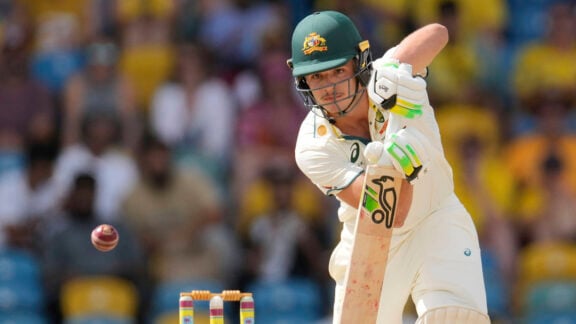For more than 200 years, Crete was occupied by the Ottoman Empire. Southeast of Rethymnon, near the Psiloritis foothills, was the historical Arkadi monastery.
The monks of Arkadi not only produced their own vegetables but also books, preserving local history and literature in manuscripts. In 1866, the Cretans chose to pursue their reunification with Greece and rebelled against the Turks.
Arkadi, located in a strategic and naturally fortified hill, became the heart of the revolution spreading into the area of Rethymnon. In July 1866 Ishmail Pasha sent a Turkish detachment to crash Arkadi but failed to arrest the leader of the revolution, Abbot Gabriel.
Instead, the Turkish troops vandalised locals who sought refuge behind the walls of the monastery. The Sultan sent Mustafa Pasha to Crete, causing even more damage to villages. On the 24 September 1866 Panos Koroneus was proclaimed the commander-in-chief of the Rethymnon area. He and his men left the monastery heading for the Agios Vasilios area, leaving Ioannis Dimakopoulos from Gortynia in charge.
Meanwhile, with war spreading across Crete, Mustafa Pasha arrived at Arkadi with a force of 15,000 men and at least 30 cannons. Arkadi had a population of only 325 men among the women and children who were there seeking refuge.
Abbot Gabriel and Commander Dimakopoulos were asked to immediately surrender the monastery of Arkadi, but instead they organised their defence and replied: “We prefer war.”
Days of brutal siege and man-to-man battle followed, leaving 1,500 Turks dead. Of the 964 Christians hiding within the monastery walls, 114 were taken prisoners, three or four were said to have escaped, but all the rest were killed in a fire.
Garibaldi and Victor Hugo wrote poems dedicated to the Cretans’ heroism and the news spread via the international newspapers of the then civilised world, sparking outrage across Europe and in America.
The Arkadi Holocaust became the foundation of the Cretan liberation and the final rebellion that broke out three years later in 1869.
As part of the celebrations for the 47th anniversary of the founding of the Pancretan Association of Melbourne and for the 149th anniversary of the Holocaust of the Monastery of Arkadi, the association has organised, for the ninth consecutive year, the festival ‘Arkadia 2015’, held from 25 October to 2 December.
A memorial celebration was held for the Holy Four Martyrs of Crete on 25 October at the Holy Monastery of ‘Axion Esti’ in Northcote.
Upcoming events on the program include:
– Traditional Cretan night, on Thursday 5 November, at the Members Pavilion, with artists from Crete
– Annual dinner dance, on Saturday November 7, at the Cretan Village, with artists Harry Pantermakis (lyra-vocals), George Pantermakis (lute-vocals) and Antonis Iliou (guitar)
– Doxology and memorial service for the 149th anniversary of the Holocaust of the Monastery of Arkadi, at the Holy Monastery of ‘Axion Esti’, on Sunday 15 November
– Cretan Dance Seminar for all the children of the Greek paroikia from the experienced dance instructors and dancers of the association, at the Members Pavilion, on Thursday 19 November
– Traditional Cretan cuisine, on Sunday 22 November, at the Members Pavilion.
For further inquiries phone the Pancretan Association office on (03) 9800 0148 or e-mail info@pancretan.com.au






